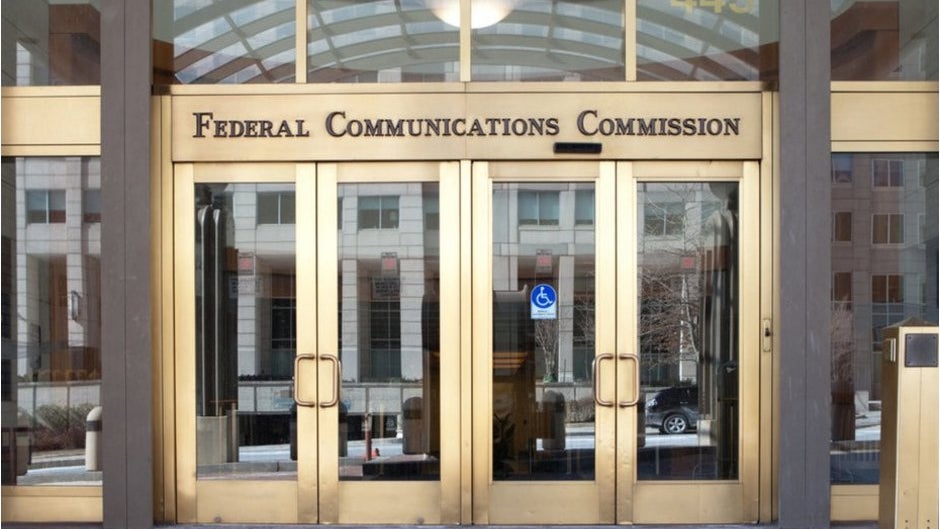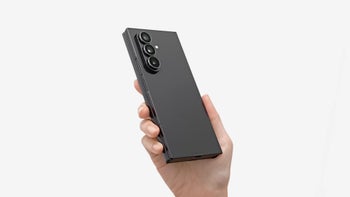The FCC demands carriers adopt technologies that will end Caller ID spoofing

The FCC is currently not particularly liked by the public, mostly because of its stance when it comes to Net Neutrality, but not everything coming from Ajit Pai’s rule as a chairman of the Commission is bad. A fresh example of one good change he wants to see came yesterday from the FCC’s Twitter account.
The Chairman wants carriers and network operators in the States to “implement a robust call authentication framework in 2019”. According to the FCC, “Caller ID spoofing enables scammers to defraud Americans and hide from law enforcement” and “Combatting illegal robocalls is our top consumer priority at the FCC”. Because of the seriousness of these issues, the Commission is dedicated to stop the practice as soon as next year. Ajit Pai didn’t just make the statement, hoping companies will listen, instead he wrote letters to 14 of the United States’ biggest voice providers.
The letters are different in content depending on each company’s track record regarding this issue. Some, like T-Mobile, are praised for their efforts while others, like Vonage, are straight up asked: “What is preventing or inhibiting you from signing calls today?” and “How do you intend to combat and stop originating and terminating illegally spoofed calls on your network?”
The FCC isn’t expecting just any solution, it already has two established frameworks that network operators should integrate: SHAKEN and STIR. Yes, those are the actual abbreviations. SHAKEN is short for Signature-based Handling of Asserted Information Using toKENs, while STIR stands for Secure Telephone Identity Revisited.
The way SHAKEN and STIR will solve the issue of spoofed caller IDs is by assigning a digital signature to every call. This signature will be passed from one network to another as the signal is traveling towards the recipient of the call, ensuring that the number you’re seeing on your phone’s display is the one from which the call originated. For the system to work successfully, every network the call is going through must support the protocols that allow the signature to be carried over.
The companies that received a letter from the FCC are given until November 19 to provide detailed answers about their SHAKEN/STIR integration. Hopefully, the ones that are slacking with their anti-spam measures will respond with the requested urgency and help put an end to this annoying (and illegal, as the FCC reminds us) practice.
The FCC isn’t expecting just any solution, it already has two established frameworks that network operators should integrate: SHAKEN and STIR. Yes, those are the actual abbreviations. SHAKEN is short for Signature-based Handling of Asserted Information Using toKENs, while STIR stands for Secure Telephone Identity Revisited.
The companies that received a letter from the FCC are given until November 19 to provide detailed answers about their SHAKEN/STIR integration. Hopefully, the ones that are slacking with their anti-spam measures will respond with the requested urgency and help put an end to this annoying (and illegal, as the FCC reminds us) practice.
Follow us on Google News












Things that are NOT allowed:
To help keep our community safe and free from spam, we apply temporary limits to newly created accounts: